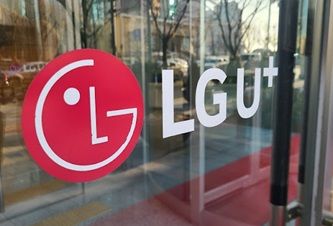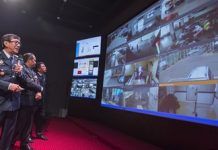LG Electronics Inc., the leading global home appliance maker, is actively increasing its workforce to improve artificial intelligence cyber security as the growing uses of AI in devices raises risks of digital attacks.
Electronics makers rushed to introduce more smart home solutions based on AI, which allow users to automatically control appliances remotely from anywhere with mobile or other networked devices. The systems for user convenience increased risks of cyber attacks such as breaches of personal data including users’ medical history due to AI’s capabilities of learning their information, however.
LG agreed with Korea University to establish a cyber security track for a master’s degree at the college’s graduate school, according to industry sources on Sunday. The school plans to start a pilot program for the track in the first half.
The South Korean tech giant is set to hire students with master’s degrees from the track while providing full scholarships. The company is also poised to recruit them as interns during the course and send them to global conferences.
LG has been focusing on AI cyber security as most of its products such as refrigerators, washers and air conditioners are equipped with AI functions. The company, which has been expanding its own cyber security organisations, introduced the LG Shield designed to protect personal data and information.
The maker of the US best-rated front-load washing machines actively tapped external cyber security experts. It employed Ko Hajoon, an assistant professor at the Graduate School of Information Science and Technology, Osaka University. Major South Korean companies are scrambling to find professionals to improve not only AI functions and performances but also cyber security.
“It is extremely hard to acquire talents now although the issues on data security are expected to grow to the most important when on-device AI becomes mainstream,” said an industry source. “Companies are likely to face a cut-throat talent war.”
LG’s rival Samsung Electronics Co. has also been strengthening the cyber security business by tapping external talents. In January, the world’s top memory chipmaker hired Kim Yu Seung, who had worked at Ford Motor Co. for automotive cyber security, as head of its security lab.
“AI cannot achieve real innovation without security,” Samsung Vice Chairman and Co-CEO Han Jong-hee recently told reporters.








